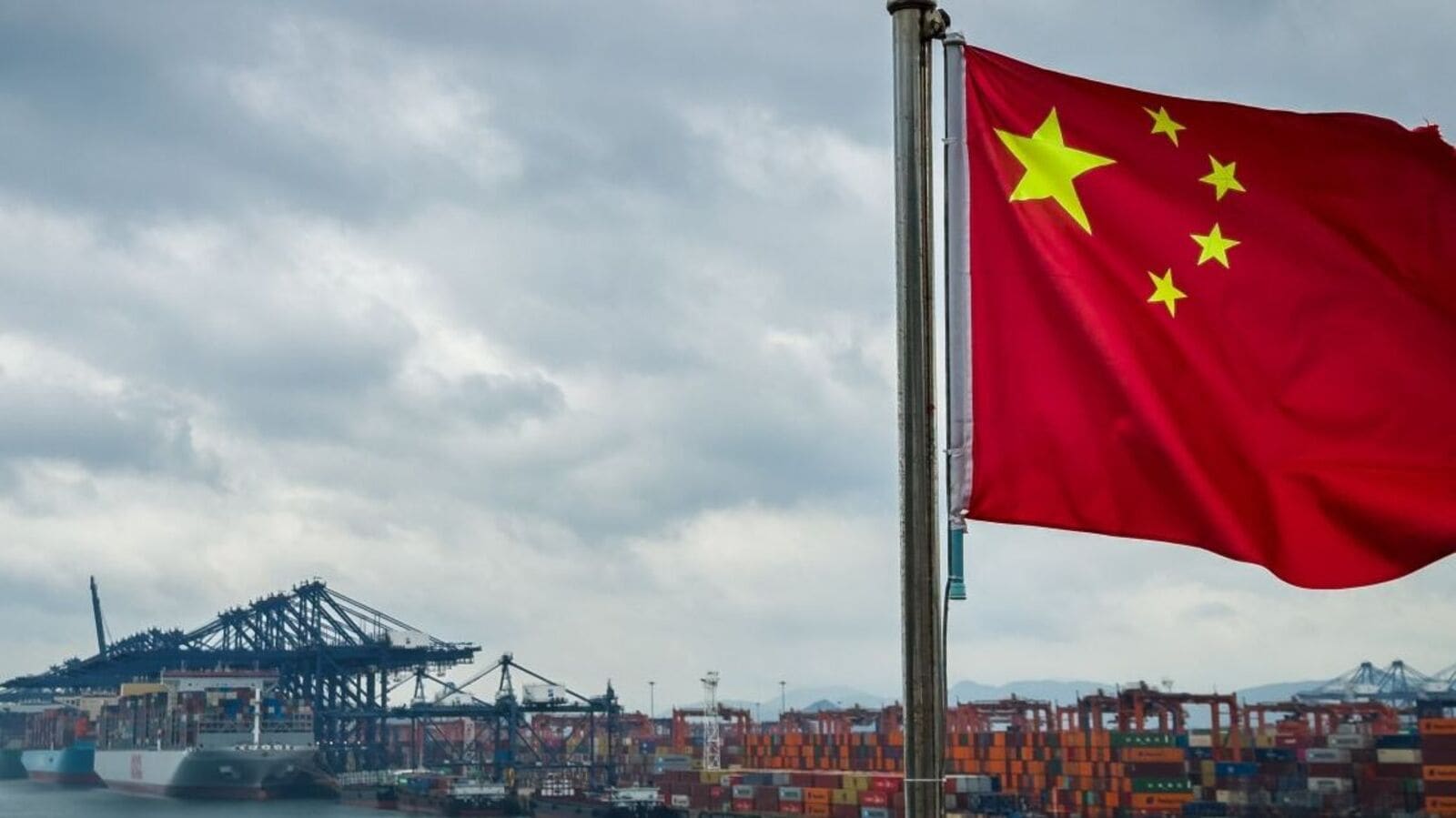China’s Strategic Investments in South Asia: A Closer Look
China’s growing influence in South Asia is evident through its significant investments in the stock markets of Pakistan and Bangladesh. Recent filings reveal that the Asian powerhouse has strategically acquired substantial stakes in these countries’ stock exchanges, showcasing its expanding geopolitical reach.
Pakistan Stock Exchange Investment
In 2017, a pivotal year for investment, China made headlines by securing a 40% stake in the Pakistan Stock Exchange (PSE). This acquisition was executed through a consortium that included major players like the Shanghai Stock Exchange (SSE), China Financial Futures Exchanges (CFFEX), Shenzhen Stock Exchange (SZSE), along with local partners such as Pak China Investment Company Limited and Habib Bank Limited.
- The consortium’s formation was officially announced in March 2017, highlighting the collaborative effort between Chinese and Pakistani entities.
- This deal not only underscores China’s commitment to enhancing its economic ties with Pakistan but also positions the PSE as a key player in the regional financial landscape.
Investment in Bangladesh’s Dhaka Stock Exchange
Following its success in Pakistan, China continued its investment strategy by acquiring a 25% stake in the Dhaka Stock Exchange (DSE) in 2018. This acquisition was also facilitated through a consortium primarily composed of the SSE and SZSE.
- The Bangladesh Securities and Exchange Commission approved the bidding process in May 2018, marking a significant regulatory endorsement for Chinese investment.
- This strategic move aligns with China’s broader goal of increasing its economic footprint in South Asia, reinforcing diplomatic ties through financial collaboration.
Broader Regional Influence
China’s investment strategy is not limited to Pakistan and Bangladesh. The country also holds a 25.1% stake in the Astana International Exchange, known as the Kazakhstan stock exchange, further exemplifying its efforts to establish a robust presence in the region.
Implications of the US-China Tariff Deal
In addition to its investments in South Asia, the global economic landscape is shifting due to recent developments in US-China trade relations. On Monday, US Treasury Secretary Scott Bessent announced a new trade agreement that would significantly reduce import tariffs by 115%.
- This agreement is seen as a positive turn for stock market investors, leading to a global market rally on the announcement day.
- The deal follows a period of escalating trade tensions, where tariffs reached as high as 145% on imports from China, prompting reciprocal tariffs from China.
Looking Forward
As China continues to solidify its economic relationships in South Asia, the implications of these investments could reshape regional markets and foster deeper economic integration. The recent tariff deal between the US and China may also influence global trade dynamics, potentially benefiting markets worldwide.
The future of these investments and trade relations will undoubtedly be an area to watch as China aims to enhance its geopolitical and economic influence in the region.











